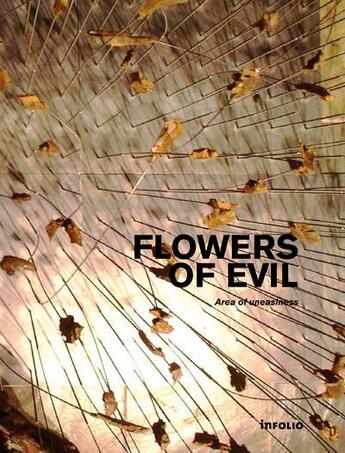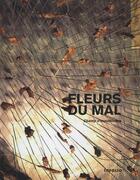-
Date de parution : 30/09/2015
-
Editeur :
Infolio
-
EAN : 9782884743662
-
Série :
(-)
-
Support :
Papier
Résumé:
When Etienne Krähenbühl, went to Lebanon in 2000, he realised what the war could have meant. The country was a field of open wounds and he was fascinated, attracted as much as appaled by it. In the town of Aley, he walked on a ground covered with artillery shells. He exposed a shrapnel fragment... Voir plus
When Etienne Krähenbühl, went to Lebanon in 2000, he realised what the war could have meant. The country was a field of open wounds and he was fascinated, attracted as much as appaled by it. In the town of Aley, he walked on a ground covered with artillery shells. He exposed a shrapnel fragment to the sunlight piercing through the branches of a lone cedar tree, and decided to capture this moment. He would fix these murderous fragments upon long flexible stems and would turn them into flowers or cobs, erecting them as a field made of a thousand flowers of evil, suspended in the air memory.
The texts offer a poetic, narrative or analytical reflection on the artwork as well as on the history that resonates with it, bringing it back to memory. A land, a memory, countless shattered possibilities : a matter of saying and a way to testify.
This book makes us feel the weight of the lebanon tragedy, not as a documentary but as a lived reality.
Donner votre avis















